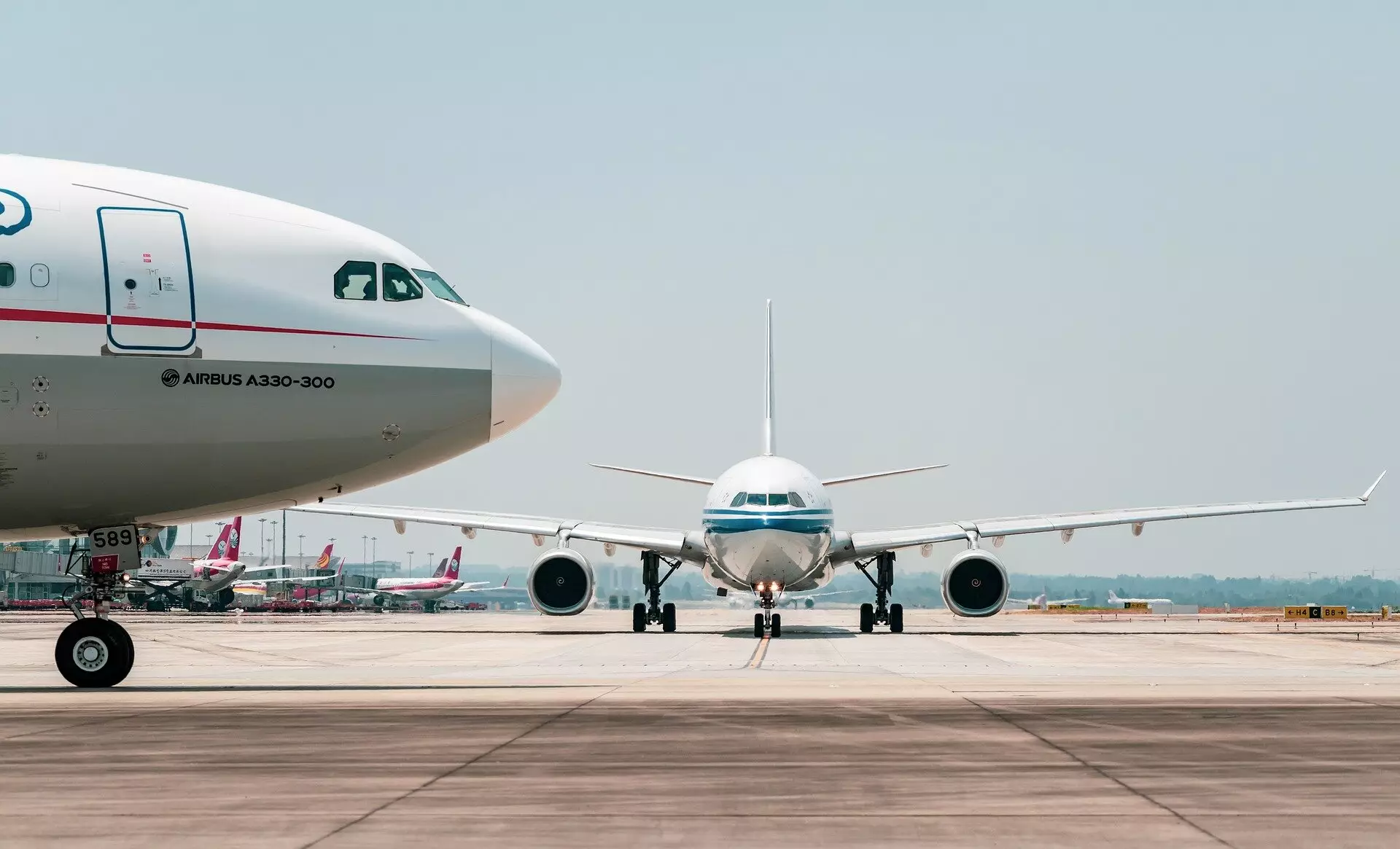In a significant development for the aviation industry, Cambridge University has unveiled a meticulous five-year plan aimed at steering the sector toward achieving net-zero climate impact by 2050. Despite commendable commitments from various governments and industry leaders, the airline sector currently finds itself lagging alarmingly behind in its pursuit of sustainable practices. The newly released report, aptly titled “Five Years to Chart a New Future for Aviation,” serves not merely as a roadmap but as a clarion call for immediate action. The report highlights four Sustainable Aviation Goals for 2030 that must be embraced decisively within the next five years to put the aviation industry back on track.
The report outlines four critical initiatives, dubbed the 2030 Goals, designed to catalyze change across the aviation sector. The first goal emphasizes the pressing need for a global contrail avoidance system. Scientific research indicates that contrails can account for a significant percentage of aviation’s climate impact—up to 40%—if left unmitigated. The implementation of experimental projects across vast airspace regions is pivotal for understanding the variables involved and refining strategies for real-time management.
The second pillar focuses on systemic efficiency enhancements. By creating a framework for broad-ranging policy reforms aimed at optimizing operational efficiency, the aviation sector has the potential to halve its fuel consumption by 2050. This approach acknowledges that individual airlines may struggle to realize these efficiency gains on their own, thus necessitating collaborative policies that can unlock potential across the entire industry.
The third goal centers on the revitalization of Sustainable Aviation Fuel (SAF) policies. These policies must be reformed to account for biomass limitations as well as to support renewable electricity production. Such reform initiatives could invigorate the market’s trust in SAF, facilitating a rapid scale-up in its production, thereby bolstering both sustainability and energy security for the aviation sector.
Lastly, the report advocates for several transformative technology demonstration programs aimed at expediting the assessment and eventual implementation of revolutionary aviation technologies. Identifying and validating breakthroughs in technology could redefine the aviation landscape, enabling quicker transitions to sustainable practices.
The urgency detailed in Cambridge University’s report cannot be overstated. Delaying these strategic initiatives risks perpetuating the current trajectory, which is aimed away from sustainability. The findings, produced under the auspices of the Aviation Impact Accelerator (AIA)—a joint effort by the University’s Whittle Laboratory and the Cambridge Institute for Sustainability Leadership (CISL)—reinforce the notion that the time for action is now. The report’s recommendations are set to be presented to industry stakeholders at events tied to New York Climate Week, underscoring its relevance and urgency.
Professor Rob Miller, Director of the Whittle Lab, draws parallels between the aviation industry’s current landscape and the automotive revolution of the late 2000s. He highlights how the automotive sector shifted from biofuels to electric vehicles through innovative thinking and disruptive technologies. Miller asserts that aviation stands at a similar crossroads; embracing this five-year plan could fundamentally change its trajectory toward sustainability.
Eliot Whittington, Executive Director at CISL, emphasizes the need for a balanced perspective in discussions surrounding sustainable aviation. Often, discourse surrounding the industry fluctuates between overly optimistic projections and pessimistic evaluations of its shortcomings. The AIA modeling presented in the report illustrates that while significant hurdles remain in the path to achieving net-zero flying on a large scale, success is indeed feasible with the right approach and sustained commitment.
The ambitious yet actionable framework presented by Cambridge University offers a beacon of hope for the aviation industry. By adopting these strategies and acting with haste, stakeholders can ensure that the future of aviation is not only viable but also sustainable. The collective responsibility of industry leaders, policymakers, and researchers becomes crucial in navigating this pivotal moment. The path ahead is undoubtedly complex, yet with commitment and collaboration, achieving net-zero emissions by 2050 is within reach.


Leave a Reply